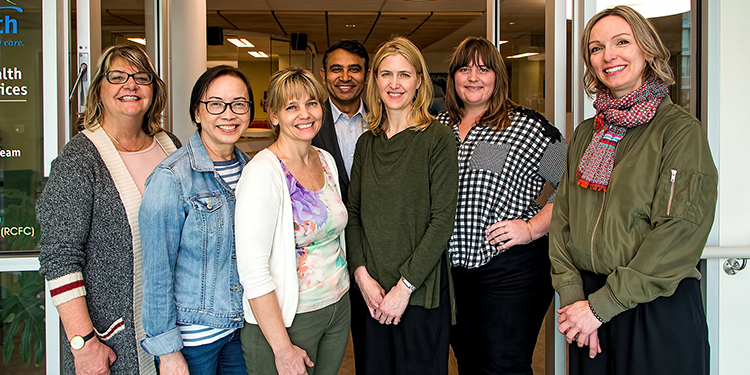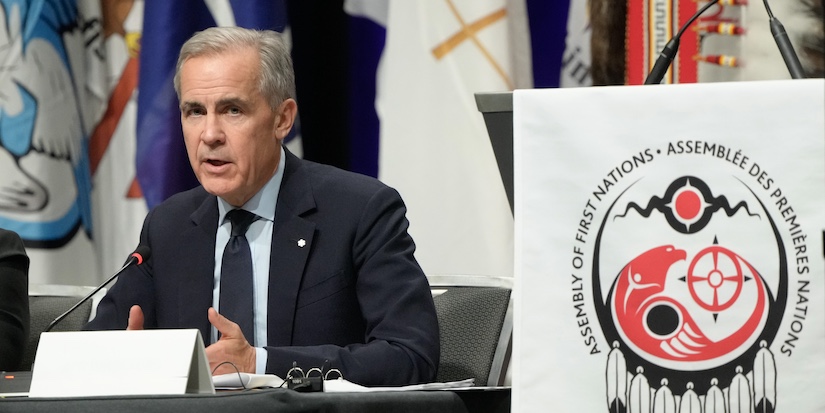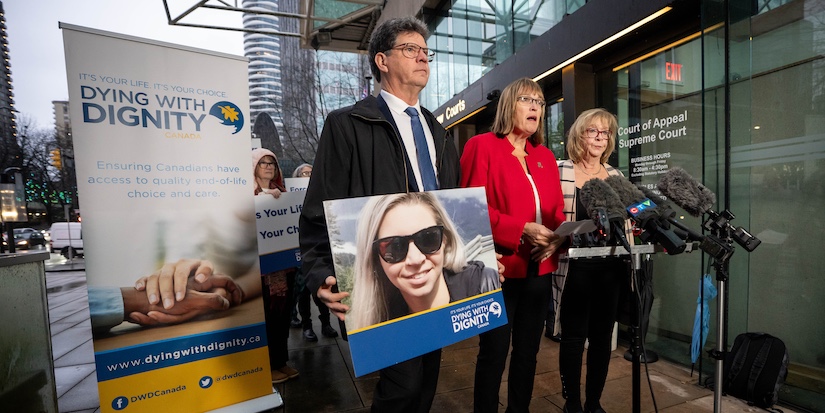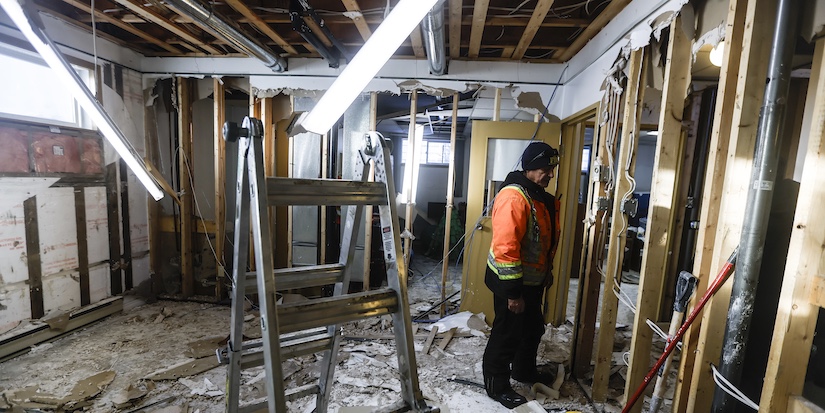Latest News
Anne Vogel Clinic offers prescriptions for safe drugs
Published 5:31 PDT, Fri June 1, 2018
Big changes are coming for the treatment of a
deadly disease. Currently, it kills three British Columbians each day.
Those under medical supervision survive,
while those living secretly with their condition at home often do not.
Opioid dependency disorder will now be
treated as the medical condition it is, thanks to efforts by medical
professionals and new federal prescribing regulations. Just as epileptics no
longer have to be hidden, lepers aren’t sent away to a desert island considered
contaminated, AIDS patients aren’t shunned as they were in the not-too-distant
past,
Like the diabetics who require injectable
insulin, clean needles, and a safe way to dispose of them, people dependent
upon opioids can now seek medical help without fear of arrest, without fear of
shunning, without fear of condemnation by the medical profession.
“At our (Anne Vogel) clinic we have a
different profile of customers than many of our sister clinics,” says Karen
Barclay, manager of the community mental health and substance use program for
Vancouver Coastal Health in Richmond. “Many Richmond clients hide their
substance use in their middle class lives.”
The recently-announced, new prescribing
regulations coming nation-wide will allow doctors and nurse practitioners to
diagnose opioid addiction and offer prescriptions to patients for opioid replacement.
“The federal announcement is helpful,” says
Dr. Meena Dawar, Richmond’s medical health officer. “It reduces or eliminates
one of the barriers to treatment because it allows physicians to prescribe
treatments for opioid use disorder.”
Family doctors, nurse practitioners and specialists as well as the professionals at the Anne Vogel Clinic will be able to write a prescription for opioidreplacementsthat are clean, safe, and in a known strength, for their patients living with a substance use disorder.
“It moves the problem into the zone of really
what it is, a medical condition,” Barclay says. “We can address that medical
problem with a medical solution. Without that, people are having to turn to the
black market, the street, where the drugs are unregulated, often toxic and
contaminated.”
Dawar says doctors have options.
“It depends on a GP's comfort level, if the
family doctor in Richmond has taken the training and is comfortable diagnosing
and treating opioid use, he or she can go ahead and prescribe. If they are not
comfortable, then they can pick up the phone, call the Anne Vogel Clinic.”
The clinic, named for a previous medical
health officer in Richmond who started the local methadone treatment program in
spite of many obstacles, offers services for more than just those with
addiction issues. It is located within the Community Health Access Centre which
also offers seniors health services, mental health services, and groups for
moms.
Because everyone waits in the same area, no
one knows why a patient is there.
Barclay says there is a lot of myth and
stigma associated with opioid dependency even among some friends and
colleagues. She says some still believe “it is all about people using opioids
via needles in the street.”
“Most addicts in Richmond do not fit the
stereotype in the public’s mind. Most clients in Richmond have hidden
addictions,” she says. “We have quite a high percentage of people who come to
the clinic and are quite successful at maintenance therapy. Once on treatment,
they’re quite stable.”
The Anne Vogel Clinic is open to all comers including teens. The plan is that no one should have to seek illegal drugs once they’ve been diagnosed and prescribed their meds.
For those concerned that these new relaxed
regulations around prescribing opioidreplacementsto treat addiction will allow people to
try these strong drugs, both Dawar and Barclay are clear.
“The approach is that an individual
approaches their physician. The appropriate clinical assessment is done to
diagnose the illness. From there, treatment options are discussed and a
treatment plan made,” says Dawar.
Guy Felicella grew up in Richmond. He also
grew up in great emotional pain. He eventually found relief in an injectable
opioid, heroin. After decades of use, he sought treatment.
“What opiate assistive therapies do is they
address the physical need to stabilize the person. Once the physical dependence
gets addressed, the person isn’t so hell-bent on getting drugs, so they can
start piecing their life back together,” Felicella says.
Sterile, safe opioidreplacementmeant Felicella could stop stealing $300 to $400 each day to numb his pain with heroin.
Anyone who has had a break-in, theft, or
their car window smashed has been affected by the high the cost of illegal
drugs. The new clinic and regulations may mean the risk of break-and-enters may
drop in Richmond.
Also, there is no point in selling
legally-obtained medication on the street when those who need it can get a
prescription filled at a lower price than the black market.
Both Dewar and Barclay assure that no one can
go to a doctor to just get a prescription for opioid assistive therapy any more than they can
pop into their walk-in clinic or GP to see if they could just try insulin or fertility drugs.
“I don’t think anybody’s sitting at home
saying, ‘I think I’ll go inject some heroin today.’ People don’t just do that,”
says Felicella.
The Anne Vogel Clinic is definitely not a
safe injection site. They do not provide any drugs themselves but they can
provide prescriptions that can be filled at a pharmacy. The clinic is a place
for those concerned about their substance use to go for a listening ear, help
with a safer life, medical treatment, a prescription for sterile meds with counselling and support and to
address their opioid addiction without judgement, without the need to go cold
turkey. Once a client is ready, compassionate counselling is also available at
the clinic.
“Right now, we are open Mondays to Fridays
opening at 9 a.m. closing at 5:30 p.m. most days but staying open until 6:45
p.m. on Tuesdays and Wednesdays so people can come after work. We hope to be
increasing our hours to weekends as well,” says Barclay.
Dawar says the clinic offers advice to family
physicians and accepts same-day referrals from doctors.
“We love it when they book an appointment
over the phone but we’re drop-in friendly,” says Barclay.
“Even if a client is ambivalent, we’d be
happy to meet with them, talk to them about their options. Dealing with an
addiction might need a couple of opportunities to know if they are ready to
make a change. Sometimes they might need to have that conversation a couple of
times,” she says.
“When a patient is ready to seek treatment,
we are ready to help them,” says Dawar.
“I think it also moves the problems into the
zone of really what it is, a medical condition. If someone has a physiological
addiction, we address that medical problem with a medical solution. Without
that, people are having to turn to the black market, the street, where the
drugs are unregulated, toxic, and contaminated,” says Barclay.
“This is absolutely a step in the right
direction,” says Dawar.
The Anne Vogel Clinic, at 7671 Alderbridge
Way. 604-675-3975.




























